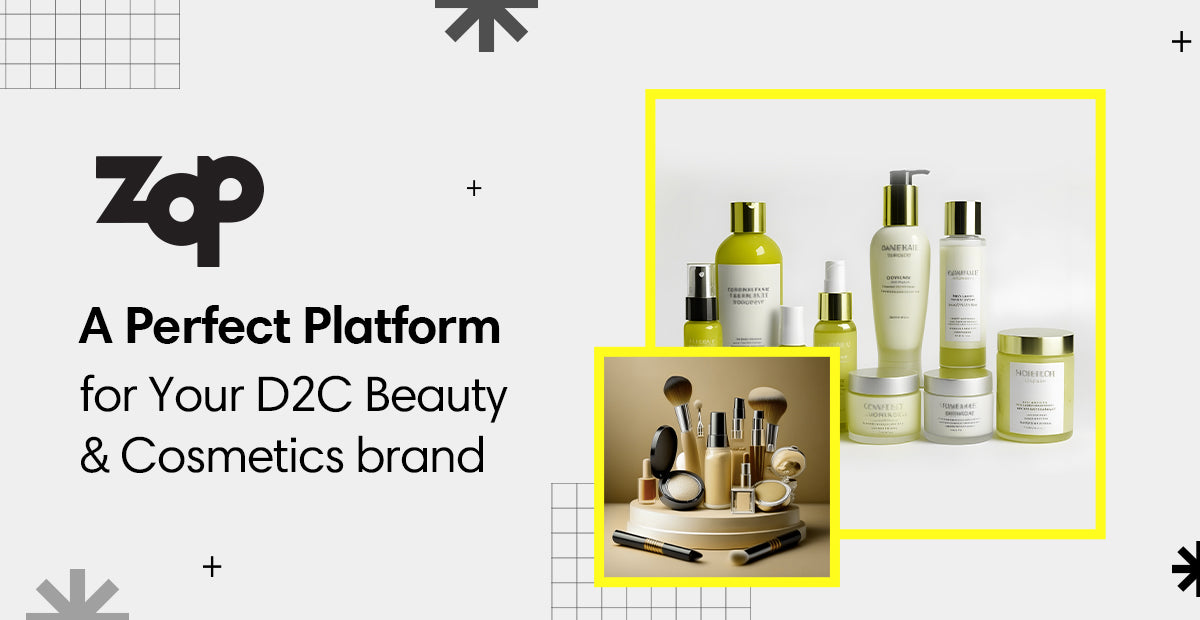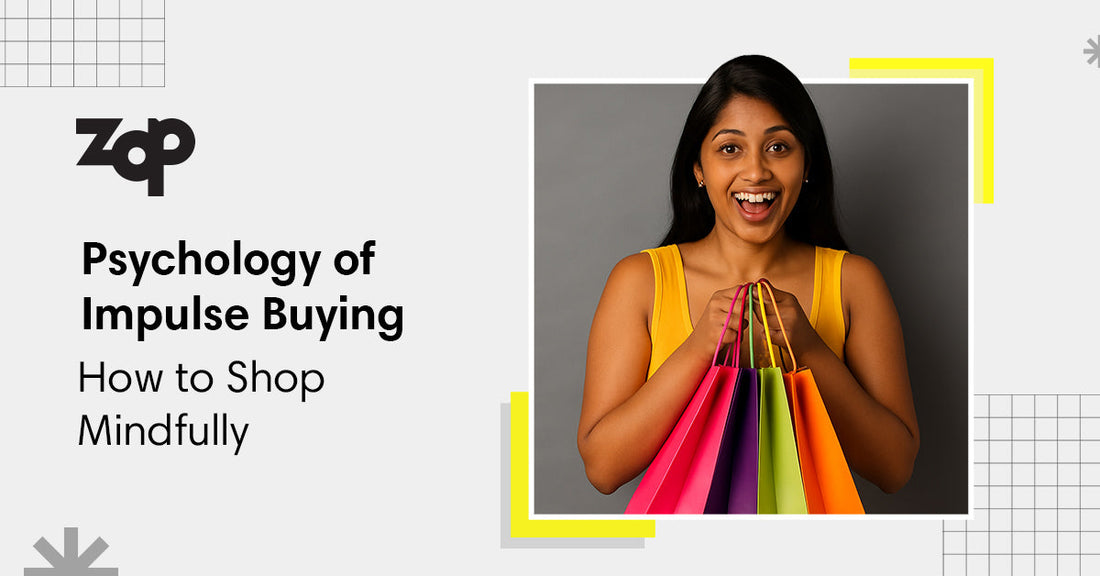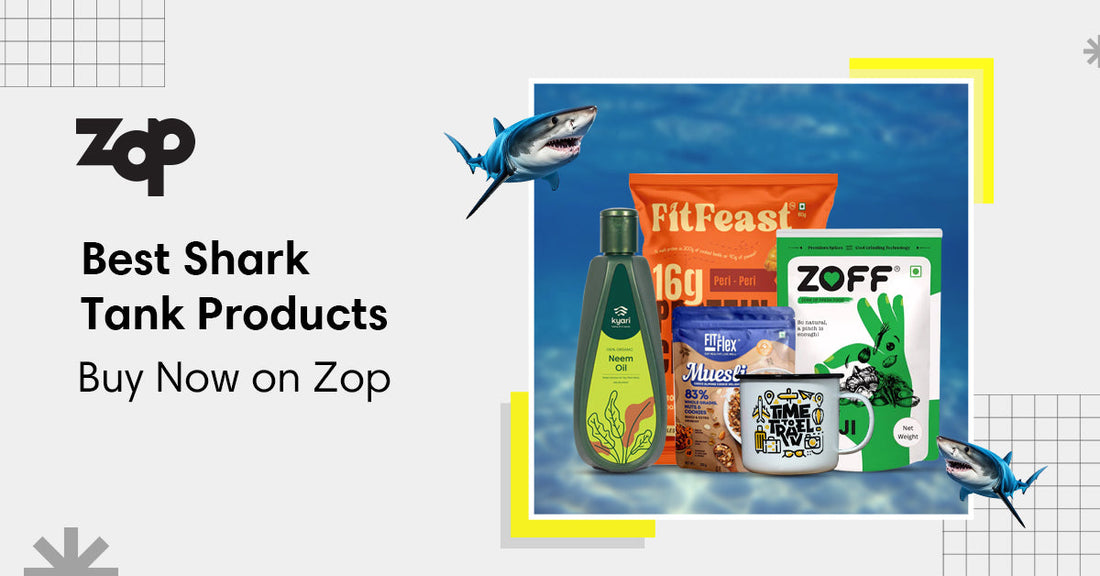Are you looking for a suitable eCommerce platform for your D2C brand in beauty and cosmetics? Finding a high-performing one can be challenging, especially if you have a roaring offline business.
Going digital is less of a choice and more of a necessity these days to capture the lion's share of your target audience and sell faster in bigger volumes. The world of online shopping is booming, with global eCommerce sales expected to hit a staggering US $6.3 trillion in 2024 - and that's just the beginning of what looks like a skyrocketing trend.
Establishing an online presence also opens many new channels for you to acquire and sell to diverse customers. However, creating an online store and turning it into a buzz is not an easy job. You need ample resources to offer customers a memorable online shopping experience to turn them into loyal shoppers and position your brand as a dominant one in the highly competitive eCommerce space.
Now, the question is, which is the best eCommerce platform to attract maximum customers to your online store and capture a big chunk of the online retail market?
This article will answer that question by acquainting you with top eCommerce platforms for D2C brands and helping you choose the best one.
The Benefits of Using an eCommerce Platform for Your Brand
Firstly, let's look at the key benefits of taking your D2C brand to the digital space through online shopping websites:
Less Expenditure
Cost cutting is one of the major benefits of using good online shopping websites, which pushes many sellers to offer their products on such platforms. Running physical stores can bring you under heavy costs like rent, repairs, store design, and merchandise. Despite considerable investments in services, inventory, maintenance, and labour, physical stores often struggle to achieve targeted profitability and return on investment.
An eCommerce store is relatively less expensive and requires a smaller investment. For this reason, it's an excellent choice for individual and small-scale D2C brands who want to make money but lack the necessary start-up funding.
Worldwide Selling
Unlike an eCommerce store, a physical one restricts you to selling within a limited geographic area. With an eCommerce platform, you can offer your products to a global audience, allowing customers to make purchases from your Indian D2C brand through online advertisements or smartphone apps.
Moreover, online selling reduces the friction points and simplifies the buying process, enabling buyers to shop from any location. Plus, these online shopping websites allow you to manage your business and sell products to clients worldwide from the comfort of your home.
Accelerated Sales
Setting up an online store is surprisingly quick these days. Platforms like Shopify, Magento, WooCommerce, Squarespace, etc., offer ready-made themes, allowing you to create a professional-looking site in no time. They handle the technical part, too - hosting, maintenance, and security compliance. For customers, it's as simple as browsing your site and clicking to buy. It's a far cry from the complexities of establishing a physical store.
Expanded Customer Reach
An eCommerce site opens your doors to the world. You're no longer limited by geographical barriers - anyone with internet access can become your customer. This global presence lets you tap into new markets and demographics. Different online channels, from your website to social media platforms, each attract their own unique audience. It's an opportunity to engage with a diverse customer base that would be impossible with just a brick-and-mortar store.
Customer Data Insights
One of the biggest perks of online selling through an eCommerce platform is the wealth of data and insights at your fingertips. You can analyse and track how customers interact with your online store, what they're buying, and where they're dropping off. This information is gold for improving user experience and boosting sales. It allows you to continuously refine your approach based on real customer behaviour, not just guesswork.
Multiple Payment Modes
Today's customers expect convenience, especially when it comes to paying online. eCommerce stores can offer a variety of payment modes - from credit cards and bank transfers to digital wallets and cash on delivery in some cases. This flexibility not only increases customer satisfaction rates but can also reduce cart abandonment rates, ultimately boosting your bottom line.
Extensive Product Catalogue
Unlike those brick-and-mortar stores with limited shelf space, online shopping websites for D2C brands offer virtually unlimited room to showcase your products. You can provide detailed descriptions, multiple images, size charts, material information - whatever helps the customer make an informed decision. Plus, you can leverage social media to create more engaging product presentations, creating a stronger connection between customers and your brand.
Best D2C Brands in the Beauty and Cosmetics Industry
Here are some of the top D2C beauty and cosmetics brands:
Plum
If you love products made from organic materials and natural ingredients, you're likely familiar with the popular D2C brand Plum, founded by Shankar Prasad in 2013. It offers many skincare and haircare products concocted using organic components like green tea, chamomile, and aloe vera. The D2C brand emphasises safe, effective, and affordable products, free from harmful chemicals like sulphates and parabens.
With a predominant online presence and innovative marketing, Plum has built a loyal customer base, providing a variety of vegan and cruelty-free products, and is currently valued at over US $23 billion.
Wow Skin Science
Wow Skin Science, founded in 2014, has made quite a name for itself in the D2C space, having a valuation of about INR 900 crores today. The brand offers many skincare and beauty products that people love - everything from face washes to serums and body washes. But what sets them apart among D2C brands is that they use natural ingredients like aloe vera and apple cider vinegar, steering clear of harsh chemicals.
Mcaffeine
Mcaffeine, established in 2016, is a new favourite in skincare D2C brands among customers who are ardent coffee lovers. The company focuses on a niche by offering coffee-based products for skin and hair. It's run by a team of five entrepreneurs, and they only believe in offering products concocted with natural, high-quality ingredients. There aren't any nasties like mineral oil or sulphates in their products. From face washes to shampoos, their offerings capture a large segment of the skincare market.
MyGlamm
MyGlamm is making waves in the beauty world with its cosmetics and personal care products. They're not just sticking to online sales - customers can find them in stores, too, though almost 60% of their sales still come from digital platforms. Founded in Mumbai in 2015, the D2C brand has raised an impressive US $311.9 million in funding and is now valued at over US $1 billion. It's a great success spree for a company that's less than a decade old.
Innovist
Innovist, formerly known as Onesto Labs, is shaking things up in the personal care space. They have three brands under their umbrella: Chemist at Play, Bare Anatomy, and SunScoop. Each brand has its own speciality, from hair care to skincare and sun protection. This D2C brand came into existence in 2018 and has already secured US $3.5 million in pre-series funding.
Minimalist
True to its name, Minimalist keeps things simple and effective. Founded in 2019, this D2C brand is all about science-backed skincare that's safe and does what it says on the tin. It has a product for customers with almost every skin type and problem, like dry skin, ageing concerns, or acne. Their no-nonsense approach is clearly resonating with consumers and bringing in handsome profits.
Sugar Cosmetics
Sugar Cosmetics has taken the Indian beauty scene by storm, becoming one of the fastest-growing D2C brands in the beauty and cosmetics industry. It has an impressive number of stores, about 2,500 of them, and a digital following of nearly 5 million users. The D2C brand distinguished itself by setting a new trend and making matte makeup look fancy in a world of gloss and glitter.
Moreover, Sugar Cosmetics is more than just its products; it taps into the spirit of bold, independent women and wins hearts. Plus, their omnichannel approach and dedicated app show they're thinking beyond just selling makeup.
Key Factors in Choosing the Ideal eCommerce Platform for Your Cosmetics D2C Brand
Here’s a list of features you must look for in an eCommerce platform for D2C brands to pick the best one:
Picturesque Design and Breezy Navigation
Let's face it: we all judge a book by its cover. When customers shop for beauty products online, they want to see a good-looking website. It's like walking into a sleek, well-organised makeup store. But looks aren't everything - your site should be a breeze to navigate, too. Nobody wants to feel lost in a sea of lipsticks and moisturisers. According to Clutch’s survey, 94% of consumers say that smooth navigation is the most useful feature of a shopping website. Make sure your customers can find what they're looking for without breaking a sweat.
Omnichannel Strategies
Adopting an omnichannel approach can take your purchase frequency a notch higher. Get your products out on all the platforms your customers love. With so many people in India glued to their smartphones, focusing on mobile could seriously boost your sales and give you some juicy insights into what makes your customers tick.
Flexible Customisation Options
The beauty world moves fast. One day it's all about matte lips; the next day it's about glass skin. Your eCommerce setup needs to keep up. Choose a platform that lets you switch things up easily with customisable options. The flexibility of these customisable options helps you keep pace with market trends, quickly adapt to them, and create tailored experiences for your customers. It makes you stand out in the vast and dog-eat-dog beauty and cosmetic industry.
Personalised Shopping Experiences
We all know that one-size-fits-all doesn't work in skincare. Your customers want to feel like you really apprehend their skin concerns. Some are battling breakouts, others are fighting dry patches. Show them you understand their unique needs. Personalisation is what's going to take you miles, as many customers abandon purchases when the experience isn't tailored to their requirements. As per industry experts, 89% of marketers witness a positive ROI when they personalise their marketing campaigns. So, make sure your preferred eCommerce platform has features and tools to personalise and enhance customer experiences.
Strong Marketing Capabilities
Market Smart, Not Hard! Getting the word out about your brand is crucial. But it's not about shouting the loudest - it's about reaching the right people with the right message. Make sure your platform gives you the tools to plan and execute of compelling marketing campaigns for your target audience.
Seamless Third-Party Integrations
Running a beauty brand is like juggling; you need tools for everything from tracking inventory to engaging with customers. Pick a platform that integrates well with all third-party apps for marketing, customer engagement, CRM, accounting, and other similar essential functions. This integration can streamline operations and enable you to offer innovative features like virtual try-ons to lure more customers.
Frictionless Payment Process
Nobody likes a complicated checkout process. It's like standing in a long line at the store, which can be annoying for customers. Market research reveals if your checkout takes more than 30 seconds, you're likely to lose over 50% of your customers. Keep the payment process simple and give your customers options. The easier it is to pay, the happier they'll be, and the more likely they are to come back for more.
Efficient Inventory and Order Management
Managing inventory in beauty is no joke, as it involves dealing with numerous SKUs. With all those shades and formulas, things can get messy fast. Choose a platform that helps you stay organised with its robust inventory and order management features and simplifies these processes. You'll be able to fulfill orders faster and more efficiently with such a streamlined system, which will, in turn, improve customer satisfaction.
Scalable and Easy-to-use Platform
Select a D2C eCommerce platform that can grow with your business. It should be easy to use now and flexible enough for whatever you dream up in the future. You want to focus on building your empire, not wrestling with tech issues. Therefore, opt for a user-friendly system that doesn't require extensive technical knowledge, allowing you to focus more on strategic business decisions.
Optimised Deliveries
Customers who like to shop for beauty and cosmetic products online often worry about the safety of fragile items during shipping. Keeping these customers happy requires paying attention to your delivery processes. As per a 2022 study by Convery, 84% of customers refrain from shopping again from brands after just one bad delivery experience.
So, partner with reputable and reliable delivery services that know how to handle delicate goods. It's about giving your customers peace of mind - their new favourite lipstick will arrive in one piece, guaranteed.
Conclusion
The eCommerce platform you choose eventually becomes your digital foundation, so it needs to be solid, flexible, and equipped with all the necessary tools.
One such platform is ZOP, which offers an all-around eCommerce solution for D2C brands in the beauty and cosmetic industry. It's a first-of-its-kind D2C discovery platform where shoppers can find a curated list of products from many D2C brands. The platform gives D2C brands a stage to share their brand story and be visible to thousands of Indian shoppers while creating a direct connection with customers akin to a traditional marketplace.
Plus, our eCommerce platform brings your customers the best-in-class shopping experience powered by Shiprocket with trustworthy express shipping, single-click Checkout, and seamless post-purchase support.












